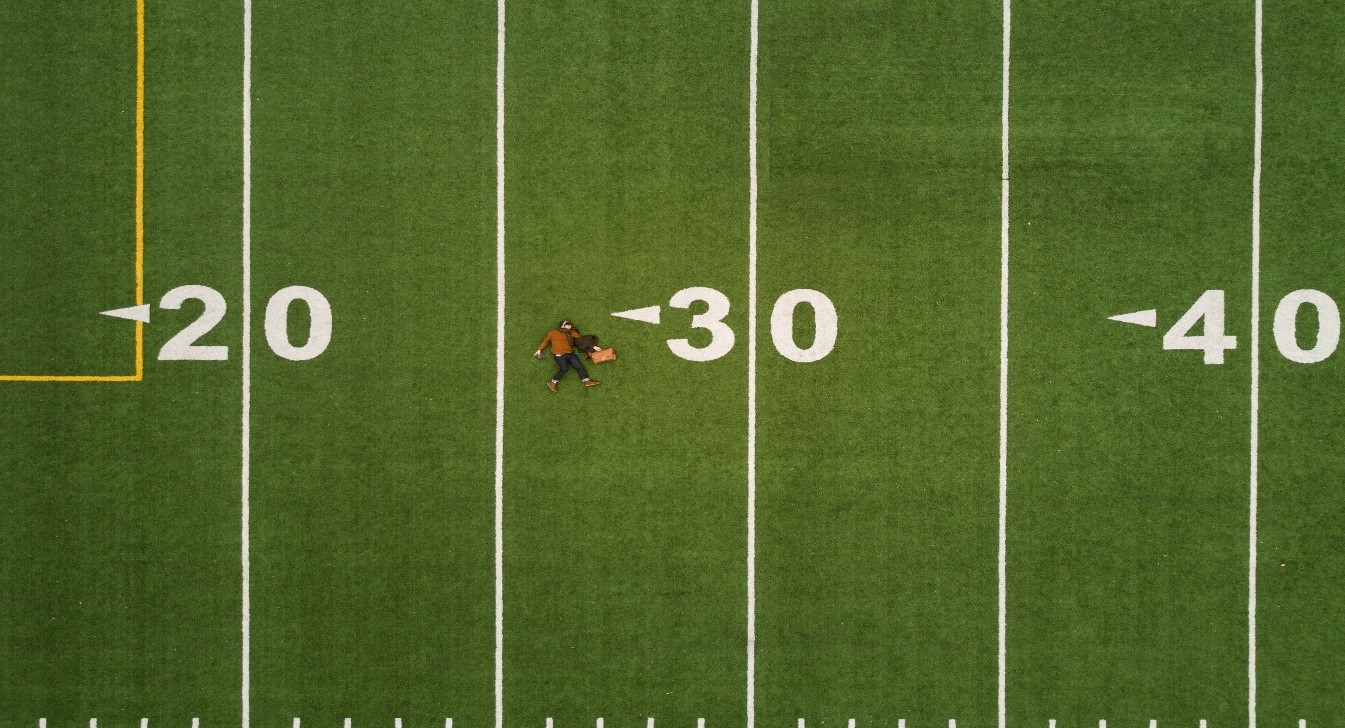30 seconds
During our trip to Spain, we frequently played the game '30 seconds' and Ritchie wrote a blog about how easy it is to make sloppy errors. He shares his experiences from tennis and from what he's learning during his MBA now.

30 Seconds
It’s already about a month ago that I was in Spain for our fantastic Projob trip. Still thinking back on the beautiful location, the incredible food and the priceless time spent with my colleagues. At the end of the day we used to play this game called "30 seconds". The way this game works is that you take a card and this card has five words/small sentences on it. Then you have 30 seconds to explain these five words to your teammates and they have to guess as many as possible in a short amount of time, 30 seconds. Due to the excitement of the game and the ticking of the clock, I started explaining the United States while my card said ‘United Nations’. I totally misread that and I guess I just like talking about the United States. It’s real easy to make mistakes because of time pressure, expectations and lack of concentration.
You don't have 30 seconds in tennis
As a tennis player, I had to make quick decisions on every single shot. I did not have ‘30 seconds’, I had less than a second. Where am I going to hit the next ball? Am I going to try to hit a winner? Am I going to come to the net? So yes, time constraints plays a factor into decision making, but it becomes such an automatic thing over the years that you barely think about where to hit anymore. Something that did play a role in making the wrong choices on the court was the feeling of pressure. Because of the pressure of having to win, my mind and body were not connected and that would result in easy mistakes and in losing the match.
Questionable decisions
Last week I had to present on a current event during my leaderships and ethics class. I discussed some of the questionable decisions that had been made by employees of United Airlines. Last year April, a passenger was dragged off the airplane with violence because of an overbooked flight. Additionally, a United flight attendant told a lady to put her dog in the overhead bin during the flight and the dog did not survive this flight due to the lack of air circulation. In these situations, these employees clearly made questionable decisions. It’s not guaranteed that they would have made a different decision if they would have had more time, but the pressure of having to leave on time probably played a factor.
Calculated speed
A wise man recently taught me that you can’t make your decisions when you’re not fully concentrated and have the calmness needed to use your best judgment. Lots of people have many responsibilities during a day and try to get everything done as fast and efficiently as possible, but this sometimes results in skipping steps of the procedure which could lead to enormous mistakes. According to the Forbes article "How To Make A Decision With Precision" by Rob Fazio, "calculated speed is a sign of confidence, intelligence and effectiveness". The term "calculated speed" is the perfect combination of making a decision quickly but considering all the options and consequences.
Be aware of your concentration levels
My advice for you is that when you have enough time, please use that time to consider all the possible options and consequences of these options. Also be aware of your concentration levels. When you’re noticing a lack of concentration, take a step back from what you’re doing and do not make big decisions before knowing you’ve fully gained back your concentration.
There’s always room for improvement when it comes to decision making. As an aspiring manager, I’m well aware of this. One thing I know for sure is that I can’t wait to play this game, ‘30 seconds’ again when I come back to the office in Amsterdam in December.
